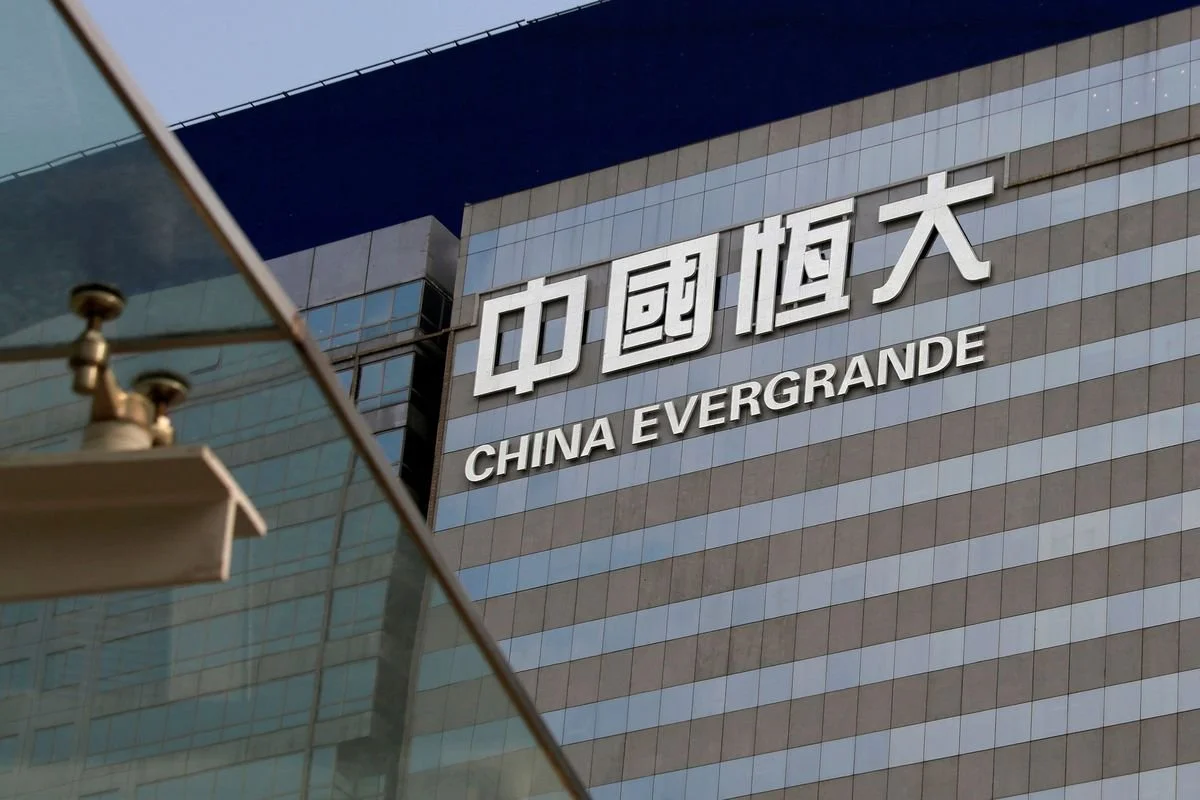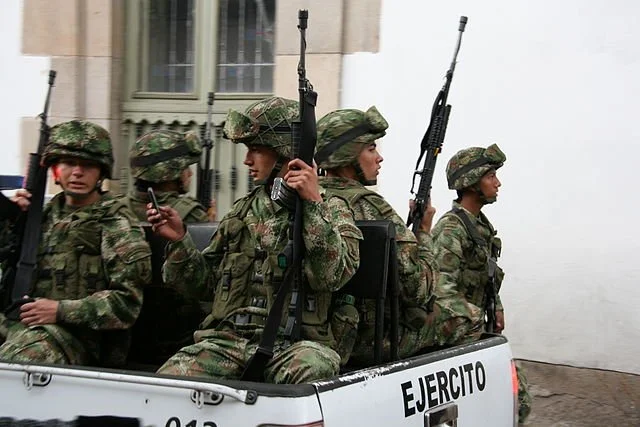The Evergrande Crisis
What once was China’s most prolific property developer is now more than $300 billion in debt. The real estate developer Evergrande, a company that has relied on binge-borrowing for decades, is now in danger of collapsing under the billions it owns in unpaid debts, and experts are beginning to worry about the greater impact it will have on the whole Chinese economy.
The company has begun to sell back unfinished properties and even forced its employees to help pay off the company’s debts earlier this year by threatening employee bonuses. When Evergrande stopped paying back loans this year, employees, lenders, and foreign investors became alarmed. Around 70% to 80% of Evergrande workers were asked to loan money to the company, and many employees had to ask family and friends for help in making their payment quotas. One employee spoke about how his salary was frozen so that Evergrande could finish building apartment buildings that it had sold but not yet completed. According to an estimate from Barclays, Evergrande has 800 unfinished projects across China and 1.6 million people are still waiting to move into their homes.
How did the company get so close to failure? For one, Beijing cut down the amount of debt companies could take on, so Evergrande had to suspend construction of new properties while it searched for new avenues of cash. Chinese regulators have begun to pay more attention to the reckless borrowing of property developers like Evergrande, forcing the company to sell some of its large empire. Unfortunately, Evergrande is finding it difficult to secure the multiple prospective sales it is pushing for. Additionally, the Chinese economy is experiencing a general slowdown in economic growth, and demand for new apartments is falling after a lengthy property market boom.
Investors have felt comfortable loaning to Evergrande because they assumed that if negotiations began to seem uncertain the government would step in. While this was a reasonable assumption for a while, Beijing authorities are now enacting a new strategy of letting large companies deal with their own debts as a way to reign in the growing debt problem in China. According to experts, showing an unwillingness to bail out large debt-ridden companies could help the Chinese economy in the long run, as the failure of such a big company would demonstrate the resilience of the economy, if the economy is able to bounce back.
The failure of this Chinese giant could have ripple effects across the whole Chinese economy and could even impact the global market. While Evergrande was able to make the due date for payments on multimillion dollar bonds, the ensuing panic has already begun to manifest in recent economic developments. Evergrande owes money to 171 domestic banks and 121 financial firms. If Evergrande defaults on these loans, banks and other lenders will have to cut down on lending, leading to a capital crunch where companies cannot borrow money at an affordable rate. So far, the cost of borrowing has shot up, the demand for property has fallen, and the value of property has weakened. Evergrande reported that its most recent sales are 97% less than what they were one year ago.
The secrecy with which Beijing has approached the crisis, such as announcing that Evergrande made certain payment deadlines without indicating how, demonstrates that the underlying issues of Evergrande are yet to be resolved, and that a default is still an eminent possibility. Chinese authorities have a long history of silently bailing out corporate giants, causing questions to arise about Beijing’s commitment to avoid intervention with Evergrande. China has built arguably the most comprehensive supply chain in the world due to its large manufacturing range, but this vastness comes with the risk of broader financial troubles when one company fails. Evergrande is not the only Chinese company that has been unable to make payments, and corporate bond defaults are the highest they have ever been in China. While many experts believe that Beijing will step in to absolve Evergrande of some of its debt, this would go against the government’s new policy of teaching big corporations a lesson in responsible borrowing.
So, what does this mean for the rest of the world? Increasing globalisation and trade links between countries means that when one company in one country is in trouble, it has significant implications for other countries. For example, the Federal Reserve has already explained in its bi-annual financial stability report how stresses in China’s real estate market could have spillover effects into the US. For instance, a slowdown in China’s real estate sector would cause an increase in unemployment and a drop in Chinese stocks, which could lead to China cutting purchases of foreign foods.
When big companies, like Evergrande, face failure and threaten to default on billions of dollar’s worth of payments, it serves as a reminder that the global economic system is intricately connected. While globalisation has strengthened many countries’ economies and led to prosperity for many, it also has created a very fragile global financial system. The economic policy pursued by one country can have ripple effects across the globe. This could serve as a possible lesson of the importance of monitoring the big, inflated corporations that are growing across the globe. Further, the stress and hysteria that has arisen out of the Evergrande crisis is not favoured by Beijing, who is not appreciating the negative press surrounding its financial policies. Thus, while the Evergrande crisis may not have a large effect on the global economy, the huge debt that the company has generated is a wake-up call to all governments that a crisis in one sector of its economy can garner international attention from across the globe.
Image courtesy of Bobby Yip via Reuters, ©2018, some rights reserved.



